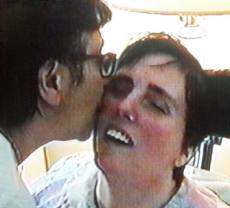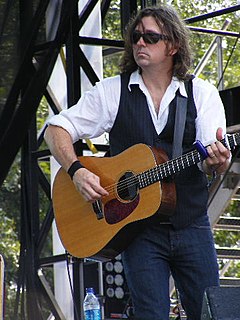A Quote by Ramin Djawadi
Many times, the way I write my themes or melodies is that I hear it, and then I sing into my phone or something, or I'll scribble down on a piece of paper.
Related Quotes
What I do is give Ennio Morricone suggestions and describe to him my characters, and then, quite often, he'll possibly write five themes for one character. And five themes for another. And then I'll take one piece of one of them and put it with a piece of another one for that character or take another theme from another character and move it into this character.... And when I have my characters finally dressed, then he composes.
I try to keep my eyes and ears open all the time for the bones of my next song: things people say, melodies I hear in my head, and little musical parts I may stumble across. I write them down or record them on my phone. Whatever I need to do to keep the idea for later when I have the time to sit down with it. So writing for me is a 24/7 pursuit.








































